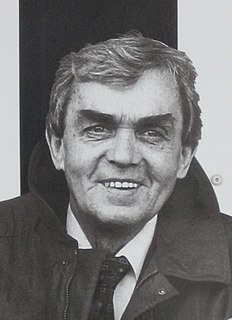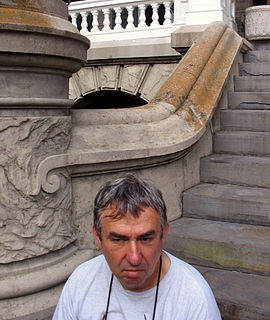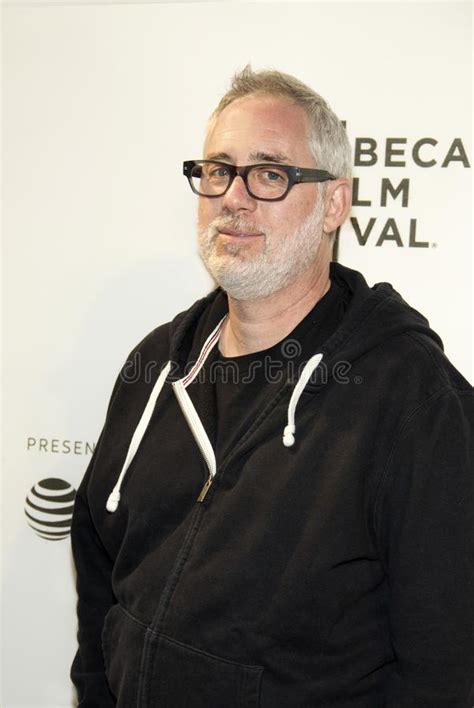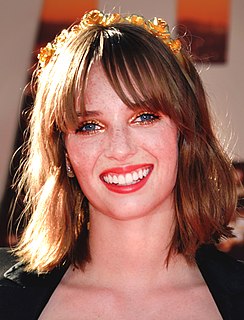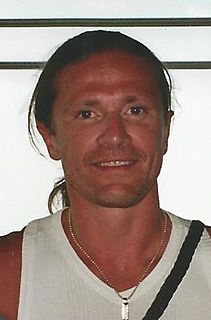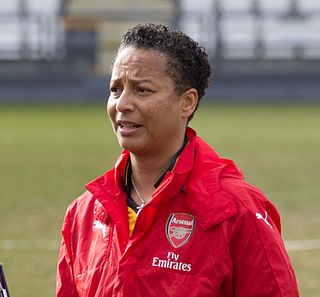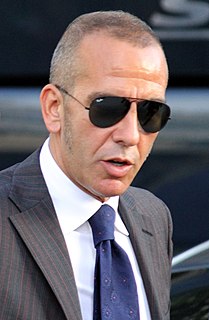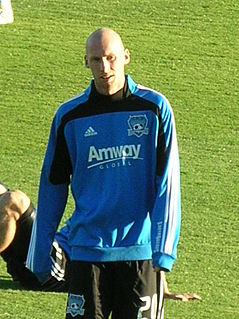A Quote by Ernst Happel
If you really examine your own opinions, you'll normally come up with a better one
Related Quotes
If you're really going to uncover something as an artist, you're going to come into access with parts of your personality and your psyche that are really uncomfortable to face: your own ambition, your own greed, your own avarice, your own jealousies, and anything that would get in the way of the purity of your own artistic voice.
Most songwriting like poetry takes a careful selection of words. Sometimes you're just channeling something and a selection of words come out that you wouldn't normally say, but you come up with an assortment of words that are really special. It just makes sense even if it's normally how you wouldn't express yourself.
As an actor on a film, you have no control over the final product - your job is to make a director's vision come true. So, you need to have total faith in them and add your own creativity and opinions and energy, but you have to really give over responsibility, and sometimes that can feel terrifying.
... I was reminded of a remark of Willa Cather's, that you can't paint sunlight, you can only paint what it does with shadows on a wall. If you examine a life, as Socrates has been so tediously advising us to do for so many centuries, do you really examine a life, or do you examine the shadows it casts on other lives? Entity or relationships? Objective reality or the vanishing point of a multiple perspective exercise? Prism or the rainbows it refracts? And what if you're the wall? What if you never cast a shadow or rainbow of your own, but have only caught those cast by others?
